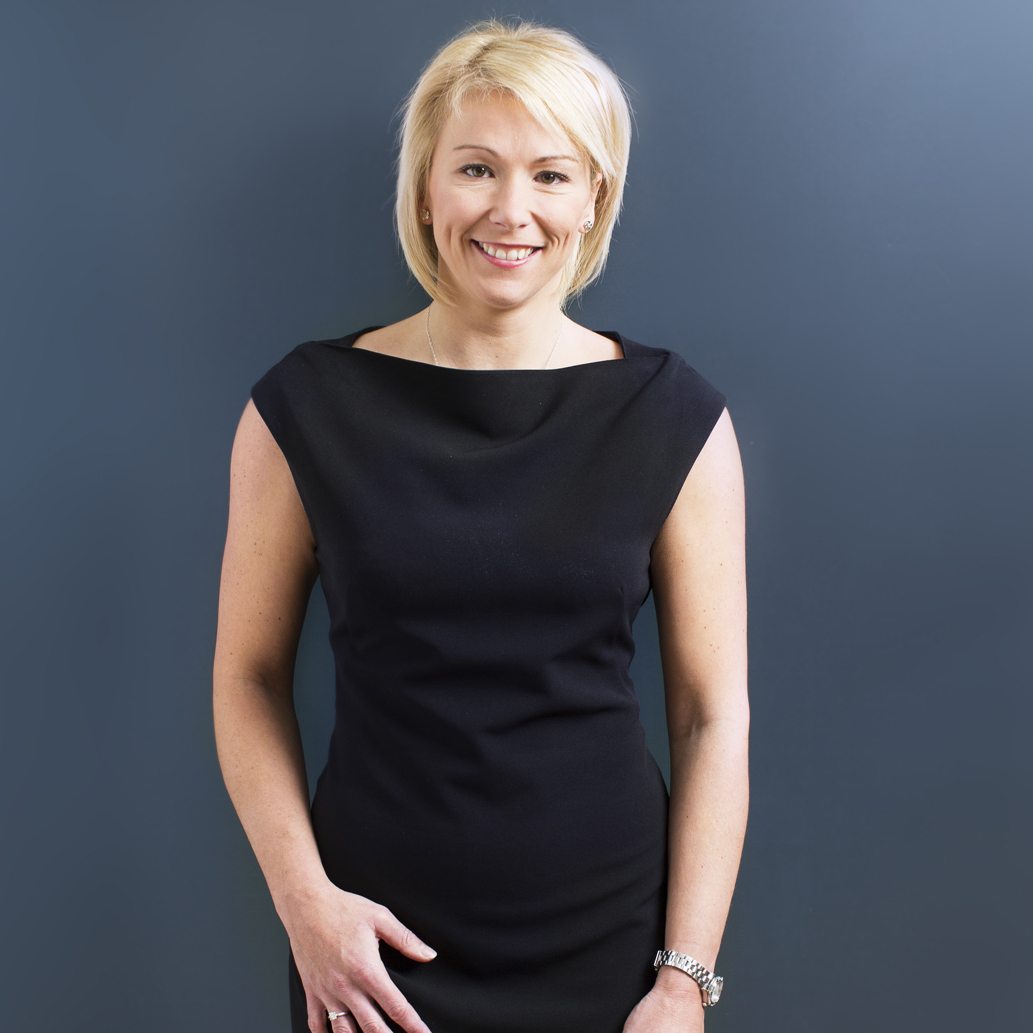
University of Bradford – Directorate of People and CultureSalary: £40,497 to £45,413 per annum Role 1 – 1 FTE September to end of January 2026.
University of Greater Manchester – Human Resources TeamSalary: £41,671 to £48,149 per annum
University of Strathclyde – Professional Services (Information Services, Compliance, Commercial, etc.) – Research and Knowledge Exchange Services DirectorateSalary: £37,694 to £46,049 per annum.
University of Oxford – NDM HR Centres of Excellence, located within the Centre for Human GeneticsSalary: £31,459 to £36,616 per annum (pro rata) : Grade